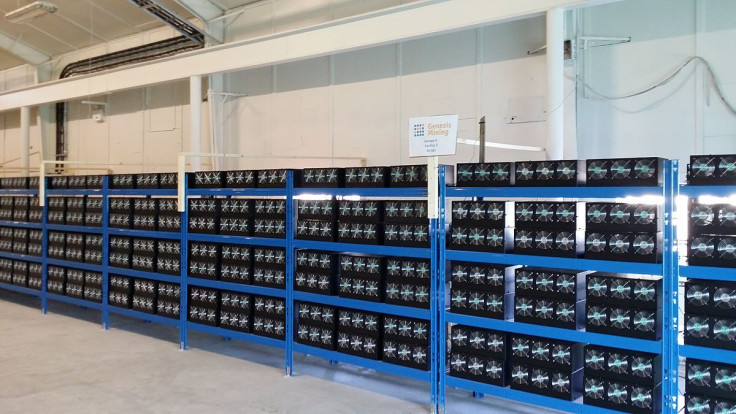Is Iceland becoming the next cryptocurrency hub?

The European Commissioner for Digital Economy and Society has finally addressed reports that cryptocurrency mining may be happening within European Union countries. According to Commissioner Mariya Gabriel, cryptocurrency mining is legal in Europe but will be subject to EU energy rules and policies.
In a statement released by the commissioner on the European Parliament website, Gabriel confirmed that the commission is aware of the concerns on cryptocurrency — from its blockchain technology and, most especially, the electric consumption required by mining. According to Gabriel, there is no legal basis to ban nor even limit crypto mining in the EU as long as the energy produced and consumed is within the law.
“If the energy consumed for this activity is produced according to law, there is no legal basis to forbid or even limit it,” the commissioner explained. “However, as an electricity consuming economic activity within the EU, it is subject to EU rules and policies with respect to energy efficiency, the power sector and greenhouse gases emissions, with the greenhouse gas emission of the power sector as such largely covered by the EU emission trading system.”
Iceland, the next cryptocurrency hub
The statement from the European Commissioner for Digital Economy and Society comes at the heels of reports that miners are moving to Iceland to establish mining hubs. In an article published by The Washington Post in February, Iceland was dubbed as “one of the world's prime locations for energy-hungry cryptocurrency servers.” The worry is that the demand for electricity might exceed that of the country’s own energy consumption and that the energy producers might not be able to keep up.
Bitcoin miners open data centres in China and EU
With the growing cryptocurrency industry, demand for mining companies to produce more cryptos is spreading across the globe as well. Miners, however, are looking to settle in countries with lower energy costs.
So far, China has been a hub for miners for its low-cost electricity. At the start of the year, however, the country has moved to tracking bitcoin miners and shutting them down. According to a memo from the Leading Group of Internet Financial Risks Remediation, bitcoin miners should make an “orderly exit” from the Asian country.
“[Miners have consumed] huge amounts of resources and stoked speculation of ‘virtual currencies,’” the memo notes.
To remove miners, the group has requested that local officials look into price, tax and environmental concerns. They must also report progress on removing miners from their region.
Commissioner Gabriel has acknowledged China as the central hub for miners, but with the move of the government to kick out these companies, miners are looking to take root in EU countries, too, something the commission says they will continue to review.





















